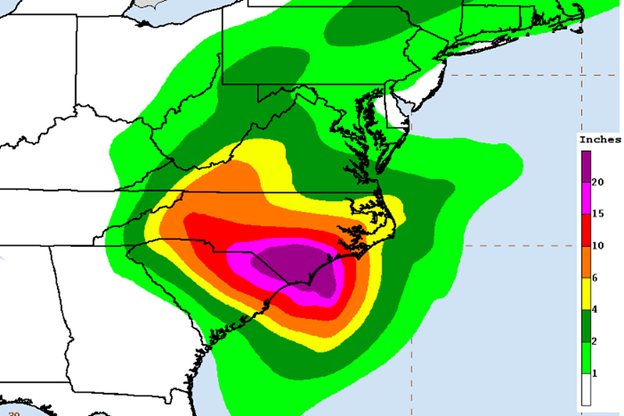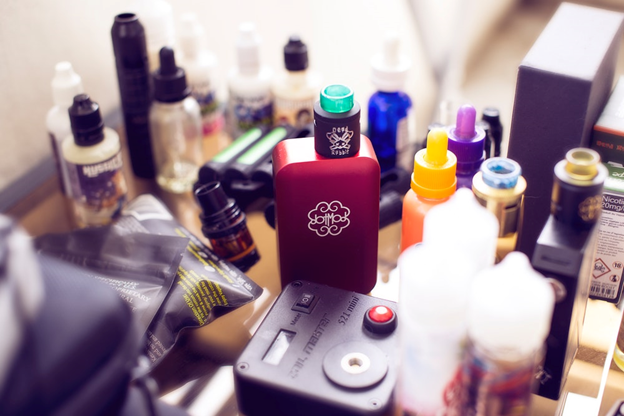33 more Detroit schools have high lead, copper in drinking water – By Lori Higgins, The Detroit Free Press
An additional 33 schools in the Detroit Public Schools Community District have elevated levels of lead or copper in the drinking water — results that come less than a month after the district shut off water across all 106 school buildings.
The district released the latest round of test results for 52 schools Wednesday afternoon.
To date, 57 out of 86 schools where test results are in have been shown to have elevated levels of lead and/or copper this year. An additional 10 schools had been identified last year and new results are pending for them.
The district started the school year Sept. 4 using bottled water and water coolers. Superintendent Nikolai Vitti has proposed a $2-million plan to install water hydration stations in each school. He has said the hydration stations are better because they filter contaminants out of the drinking water.
"The hydration stations would be installed in all schools by the beginning of next school year districtwide and replace the need for water coolers," Vitti said in an email to staff.
There would be a hydration station for every 100 students, in addition to one in each kitchen, faculty lounge and gym.

After Florence, NC leaders want to limit school makeup days – By Paula Specht and Colin Campbell, The News and Observer
Some North Carolina school districts remain closed after Hurricane Florence, leaving the prospect of makeup days looming.
State law requires schools to be in session for 185 days or 1,025 hours of instruction per year. But some state leaders want to ease statewide attendance requirements for counties affected by the storm.
N.C. Schools Superintendent Mark Johnson and House Speaker Tim Moore this week said they hope to exempt school districts hit hard by Hurricane Florence from the state’s calendar requirements. That would mean schools likely to be closed for weeks wouldn’t have to schedule as many makeup days, which sometimes extend the school year into mid-June and on Saturdays.
“We don’t need to have kids who may be missing schools for weeks at a time, trying to make that up for weeks into the summer,” Moore said Tuesday in a news release. “I think that’s unreasonable. I think we need to make some accommodation on that, on the school calendar. ... So many families’ lives are being uprooted right now and anything we can do to make their lives easier, we need to do.”

Georgia’s high school graduation rate climbs to 81.6 percent – By Vanessa McCray, The Atlanta Journal-Constitution
Georgia’s high school graduation rate ticked up once again in 2018 to 81.6 percent.
That reflects a one percentage point increase from the class of 2017, according to data released Wednesday by the Georgia Department of Education.
The statewide graduation rate has climbed from 69.7 percent in 2012, the first year Georgia began using a federal measure to calculate rates.
In metro Atlanta, five of the six largest school districts also increased their graduation rates over last year. Fulton County Schools held its graduation rate steady at 86.8 percent, above the graduation rates of Atlanta at 79.9 percent, Clayton at 71.7 percent, Cobb at 85.2 percent, DeKalb at 75 percent and Gwinnett at 81.7 percent.
State School Superintendent Richard Woods credited a myriad of programs that give high schoolers “more opportunities than ever before” for the success.

E-cigarette warnings to arrive in high school bathrooms nationwide - By Sandee LaMotte, CNN
The US Food and Drug Administration will stage a massive education campaign aimed at the nearly 10.7 million teens at risk for e-cigarette use and potential addiction, the agency said Tuesday.
For the first time, the agency will take the message that vaping is dangerous into high school bathrooms and social media feeds of those at-risk youth to stop what the FDA calls an epidemic of e-cigarette use by minors.
The trend was flagged in a 2016 report from the US surgeon general, which cited a 900% increase in e-cigarette use by high school students between 2011 to 2015.
More than 2 million middle and high school students used e-cigarettes in 2017, the FDA said.
"We're in possession of data that shows a disturbingly sharp rise in the number of teens using e-cigarettes in just the last year," FDA Commissioner Dr. Scott Gottlieb said. "In short, there's no good news."
While applauding the FDA's move, Linda Richter, director of policy research and analysis for the nonprofit Center on Addiction, said that if the agency had taken action when the trend was first identified, "we probably could have avoided the surge in the use of child-friendly, high-dose nicotine products that we're now seeing among kids as young as 12 years old."












